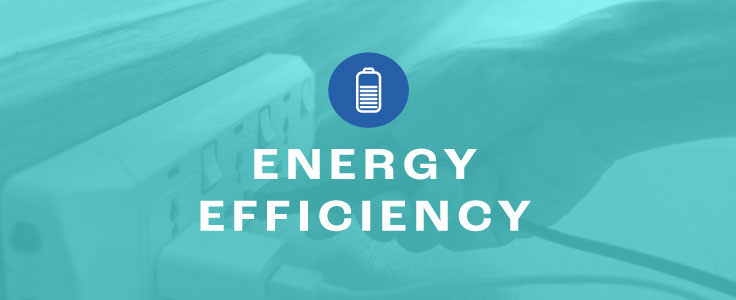From reducing your bills to solving issues with your supplier, our Advice Team has complied together 7 top tips to help you deal with and manage your energy usage this winter.

1 - Contact your supplier
Contact your electricity and gas suppliers as soon as you move in. You can find out who your gas supplier is via this tool and electricity supplier by filling out this form.
Search online for the name of your supplier along with ‘change of tenancy’ to find the direct contact details for the team who will set up your account. This can save you a lot of time being passed around from team to team when you call! You will be asked to provide the exact date you moved in, meter readings, names of all the tenants living at the property and possibly a copy of your tenancy agreement.
It is important that you do this, otherwise you may receive debt collection letters for previous tenant's bills and your own bill may not be correct -starting from the wrong date to the wrong reading.
.jpg)
2 – Take meter readings
Always take a meter reading as soon as you move in - even if you have a Smart Meter (they don’t always work as they should). You should try and take meter readings each month, allowing you to keep an eye on the amount of energy you use. You can refer to this guide on how to read your meters. Doing this will allow you to pinpoint big changes in usage and alert you to potential problems (before they spiral out of control and lead to large future bills). If you have difficulty locating your meters, contact your letting agent or landlord.
Without actual readings, your energy supplier guesses how much you pay each money via direct debit. Updating them with proper readings helps them calculate what you should pay more accurately. If you don’t do this, you may be paying too much each month, or indeed too little (which will lead to a large bill when they finally do get a proper reading from you).

3 - Keep an eye on your usage
You may not have much knowledge as to what appliances use the most and least electricity or gas. A general rule with electricity is that anything that heats will generally cost the most. Be especially careful with plug-in electric heating as this tends to be the most expensive. You can use this helpful calculator and the table underneath to get a better sense of what electrical appliances cost to use.

Meters often have what they call a 'pulse light', blinking faster the more energy you use. If you only have lights and a television on, it will?blink slowly.Turn on your electric hob or heater and you will see the difference this makes. Through trial and error with this, it?might help you identify what is costing the most in your property.
As of October 2022 the average price of 1kWh (kilowatt per hour) of electricity is 34p. You can use this as a guide to make rough calculations as to what an appliance may actually be costing you. Every electrical appliance will have a kWh rating on it. If your plug-in electric heater has a rating of 1kWh, then this means that for every 1 hour that this heater is on, it will use 1kWh?of electricity or roughly 34p.
For gas heating, this video covers the basics on how you should be setting your room and radiator thermostats correctly.

4 - Energy efficiency
These two websites here and here will give you some tips on how you can potentially reduce your overall energy consumption, leading to lower and?more manageable bills. For tips on keeping warm in Winter, have a look at our ‘Warm, Healthy & Affordable‘ blog post.

5 - Beware of condensation
As a consequence of keeping windows shut and not using heating as much due to spiralling costs, beware of?condensation problems developing in your home. If water generated through drying clothes on radiators, cooking or breathing builds up in your home and has nowhere to go, this will inevitably lead to problems with mould inside the property. If you do not have an extractor fan in the kitchen and the bathroom of the property you should speak to your landlord and ask them to install one in each of these rooms. We’d also recommend that you check out at this guide from the Energy Saving Trust on steps you can take to prevent and minimise mould forming.

6 - Problems with billing?
This advice page has useful information on what you can do If you are having problems with incorrect billing. If you are really struggling with your supplier and need some help and assistance, you can get this via the Citizens Advice consumer helpline. The Advice Centre can also help with this, so please do contact us if you are having difficulties.

7 - Help with bills
Again, if you are struggling to pay your bills please contact the Citizens Advice consumer helpline, who can give you some initial guidance on what your options are. Please also keep in mind that the University has a Financial Aid team who administer both the Discretionary and Hardship funds to help students who are struggling financially.